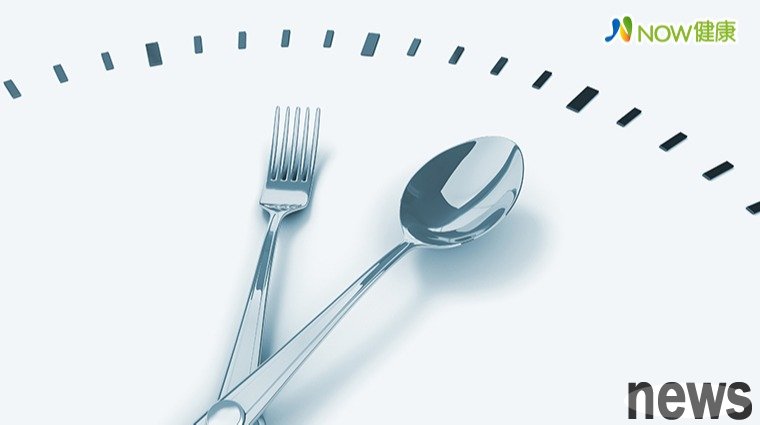[Changchun Monthly Journal/Editorial Department] People who have reduced weight know that it is best not to eat before going to bed. Experts have also suggested that the last meal of the day should be completed 4 hours before going to bed; but if th...

[Changchun Monthly Journal/Editorial Department] People who have reduced weight know that it is best not to eat before going to bed. Experts have also suggested that the last meal of the day should be completed 4 hours before going to bed; but if the total heat you take every day is the same, why can't you eat before going to bed? Now there are studies that have proven that eating before going to bed will really gain weight. The research is published in Journal of Clinical Endocrinology & Metabolism.
American John. Jonathan Jun, associate professor of medicine at Hopkins University, said that even if you eat the same calories within 24 hours a day, your body consumes heat according to the time you eat. In the study, Jonathan Jun's team sought 20 healthy self-sponsors to have the same dinner at 6pm and 10pm; and all went to bed at 11pm and woke up at 7am.
Before the study, the participants were equipped with trackers, and during the study, their blood samples were collected every hour and for sleep research; they also ate carbohydrates foods so that researchers could understand the situation of fat burning.
It was found that people who only had dinner at 10 o'clock in the evening had higher blood sugar levels and less burned fat. On average, their blood sugar levels were about 18% higher after dinner and their fat burn rate decreased by about 10%. The most likely reason for the prediction is that the body's new dysfunction has slowed down, and blood sugar has caused weight to increase. This may have a greater impact on people who are obese or have diabetes.
However, it is not yet possible to determine whether it is the result of the separation between eating time and sediment time. Jonathan Jun mentioned that the effects of eating and sleep may also vary based on the differences in each person's new dynasty or physiological clock. Therefore, it is hoped that further discoveries can be made in future research.
(provided by text authorization/NOW Health)